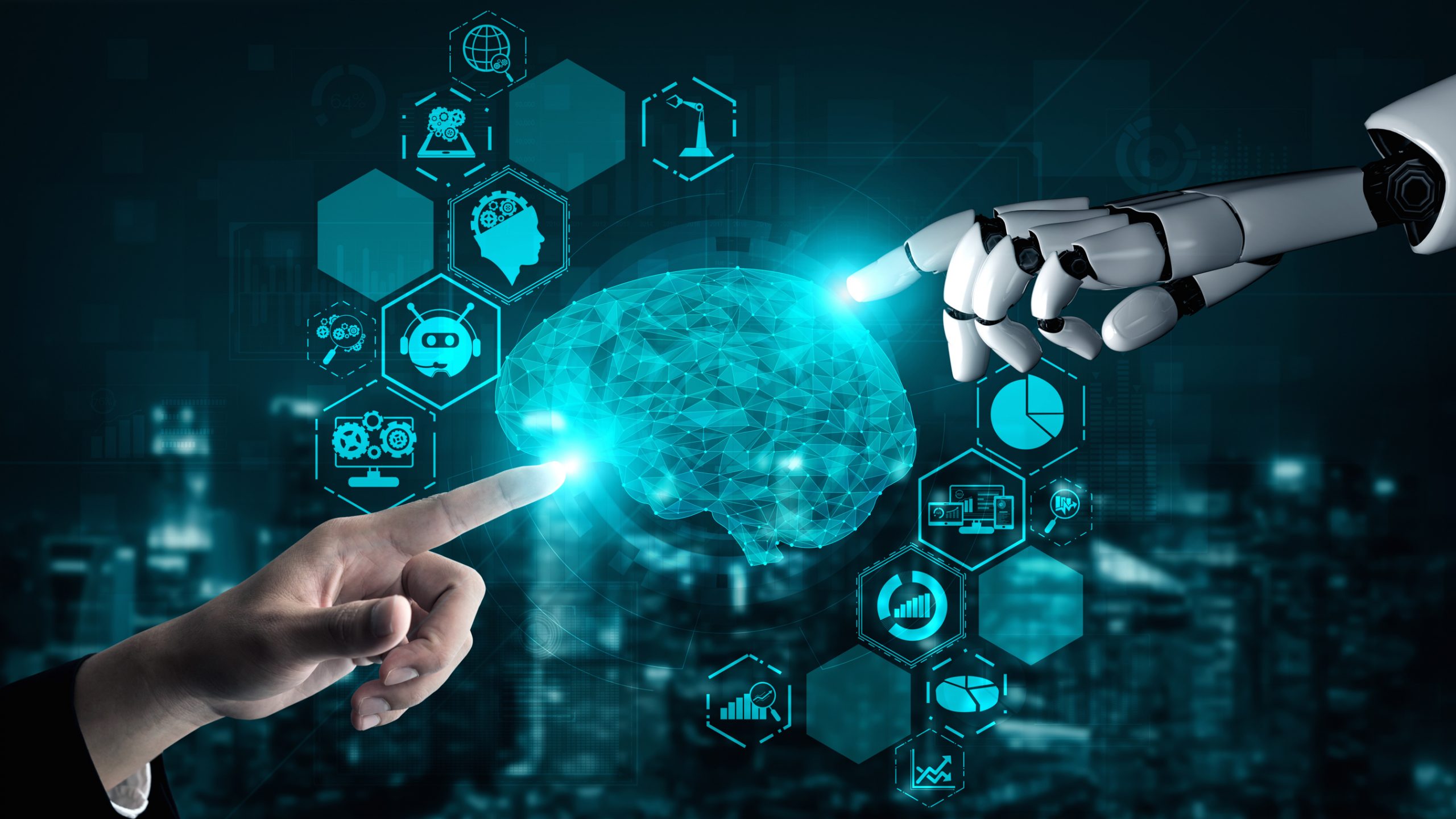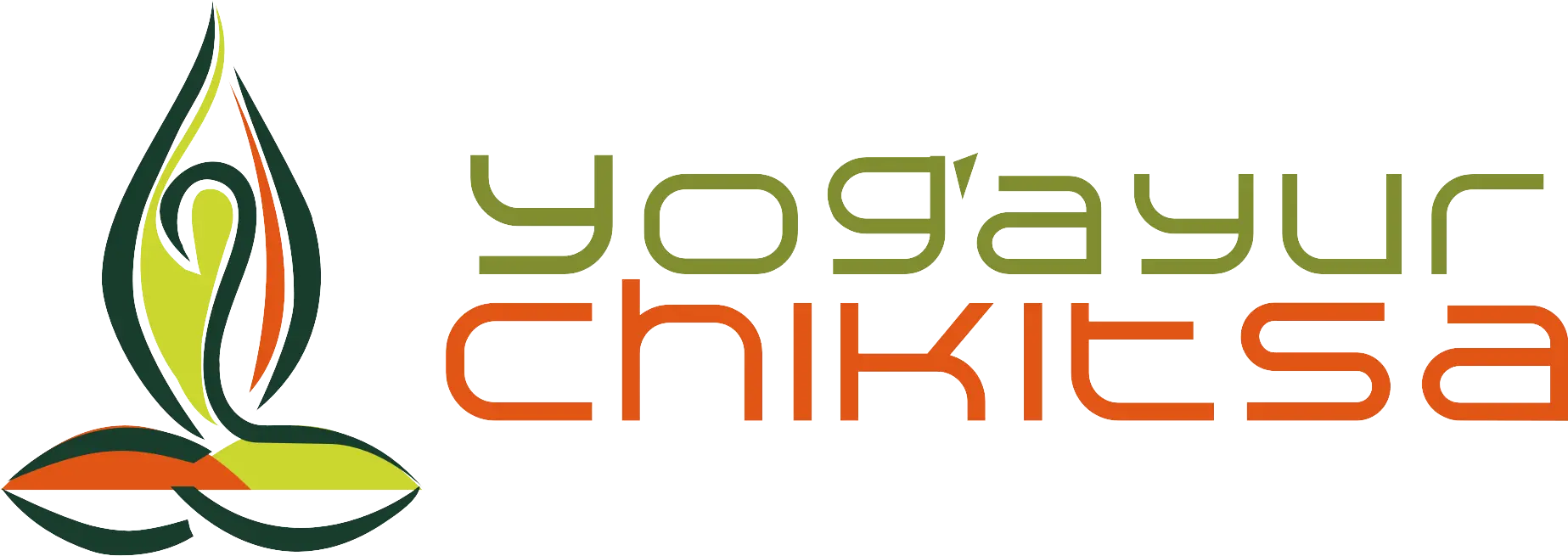Content creation with Artificial Intellignece versus Human Intelligence

With the progress of openAI and availability of chatGPT as a free online platform, content creation can dramatically change in the near future. The advancement in technology is to be adopted carefully in view of following concerns in relation with the content being created in the health field. We have written this article on the basis of our findings for “Yoga for back pain, migraine”.
- Generic nature of articles: Articles written with use of artificial intelligence (AI) are of generic type in comparison to the ones written by experts. Generally the sentence formation is of generic type without much specific inputs.
- Errors which can be misleading: As articles created with artificial intelligence are compiled and refined using the content available online, possibility of mistake cannot be denied. For example: When we tried creating an article for yoga for back pain we found that AI identified yoga as a form of exercise. It is well-known that asana (which is closest to physical exercise) is just one of the eight limbs of yoga as elaborated by Patanjali in his yoga sutra. Similarly, improved circulation in the brain during inversions and forward bends has been highlighted as the reason behind improvement in some health conditions like migraine is not scientific.
- Confusing results: Difficulty in identifying indications and contraindications of yoga practices in different health conditions. We found many common yoga practices in both the lists (indicated as well as contraindicated practices) for patients with back pain. These findings may not be wrong as some of the yoga practices may actually fall on both sides.
- Mixed scientific facts: When we looked at scientific aspects of the improvement among patients with back pain, results obtained were mixed with scientific as well as generic information. Though the information obtained was not wrong, it was not completely supported by the research findings. AI reported improvement in back pain, improved flexibility, increase in muscle strength, improved posture, reduced stress, and improved overall well-being. All these findings are supported by research, but not necessarily in the population with back pain.
- Lack of information: AI may not be able to generate appropriate responses to certain requests in an appropriate manner. We tried to look at the yogic counseling for patients with migraines and repeatedly got response options such as yoga nidra, yoga poses, meditation, pranayama and advice about diet and stress. Only the last part can be taken as a form of yogic counseling.
- Irrelevant referencing: AI when requested for generating research evidence based articles for patients with migraine cited irrelevant references and the information highlighted in the draft was not matching with the references.
- Non-exhaustive: AI generates articles without much emphasis on compiling complete information. We tried to look for research based evidence for the role of yoga for patients with back pain, but a limited number of articles were cited. Results were similar for the role of yoga for migraine too.
- Lack of latest updates: Currently available version of chatGPT (as on 17.01.2023) provides information till 2021 and hence misses on the latest developments in the field.
Though we consider that AI can be a boon to content writers, but, a cautious eye and brain is needed while deciphering the information in the AI based articles.

Leave a Reply